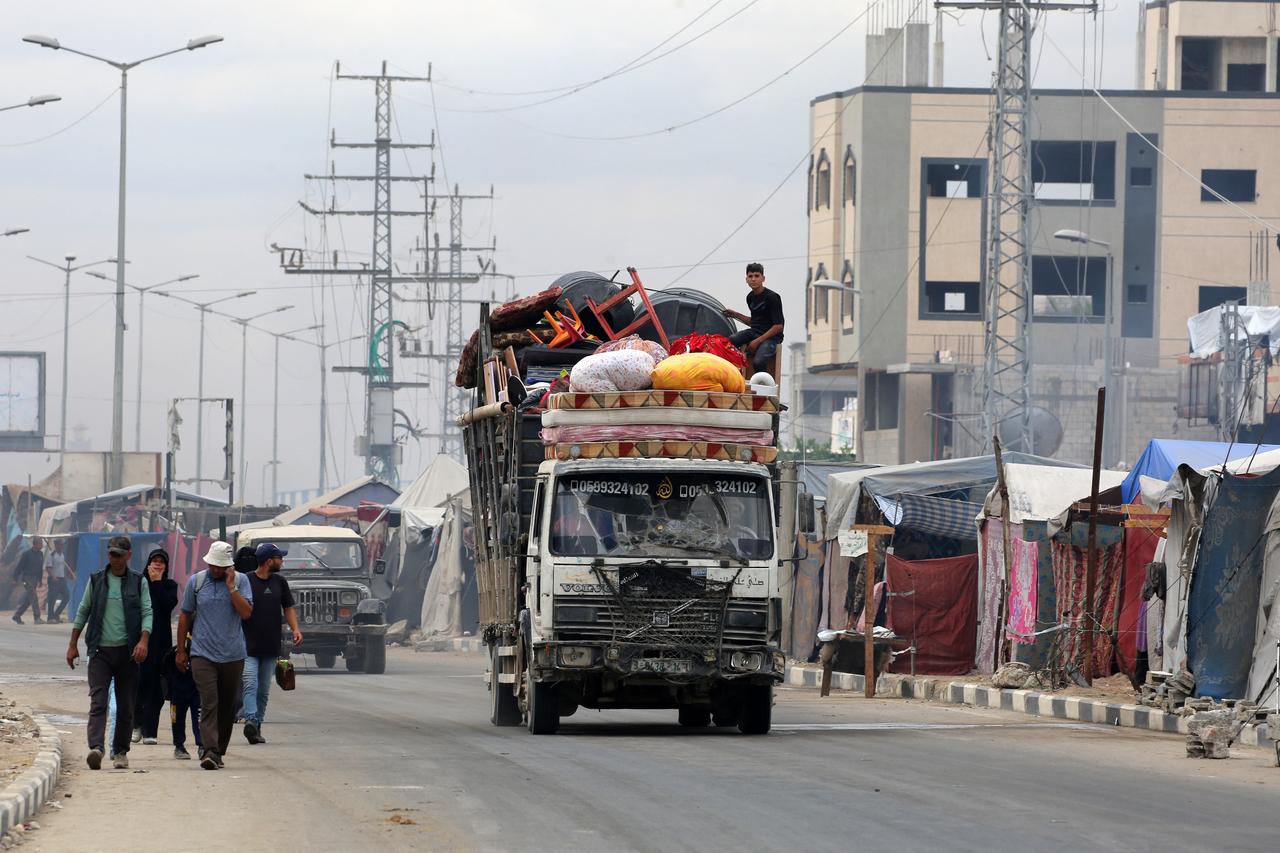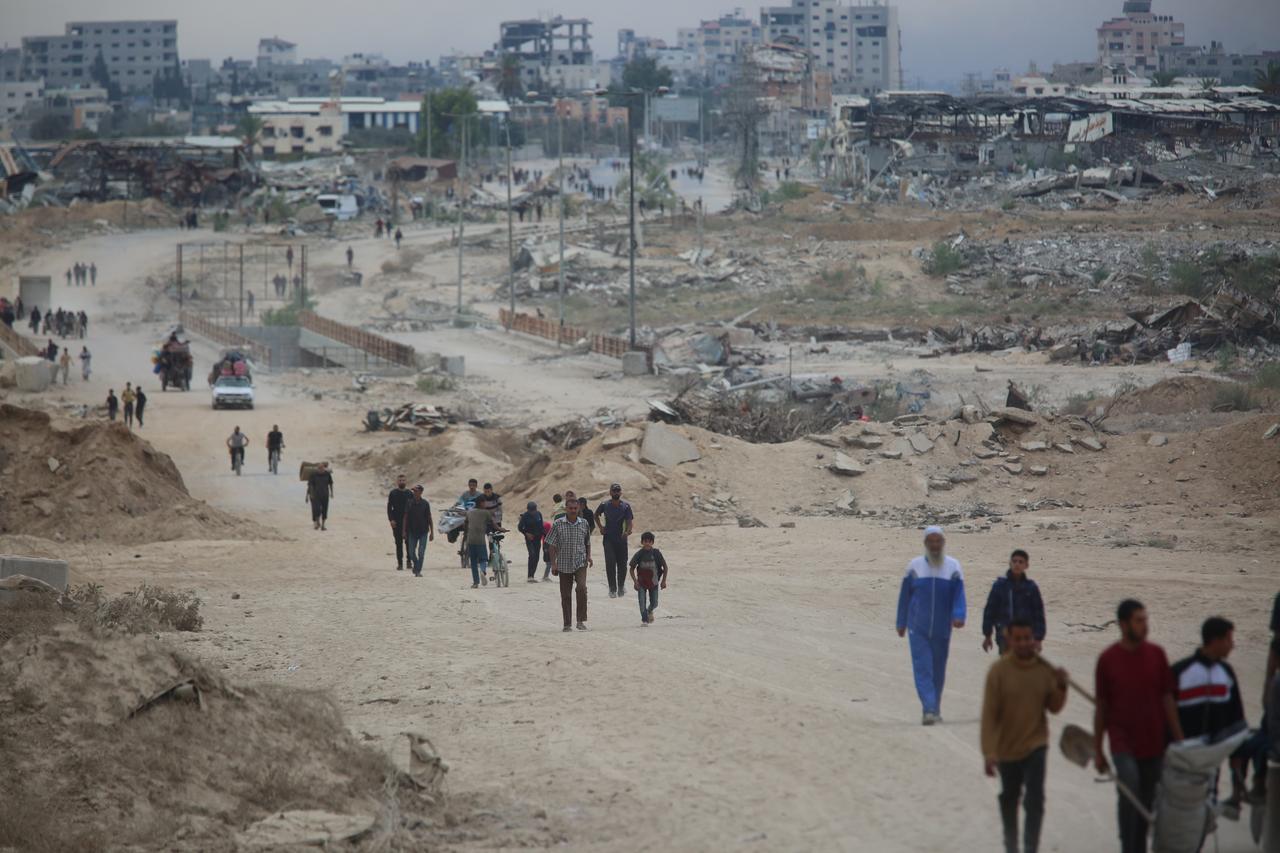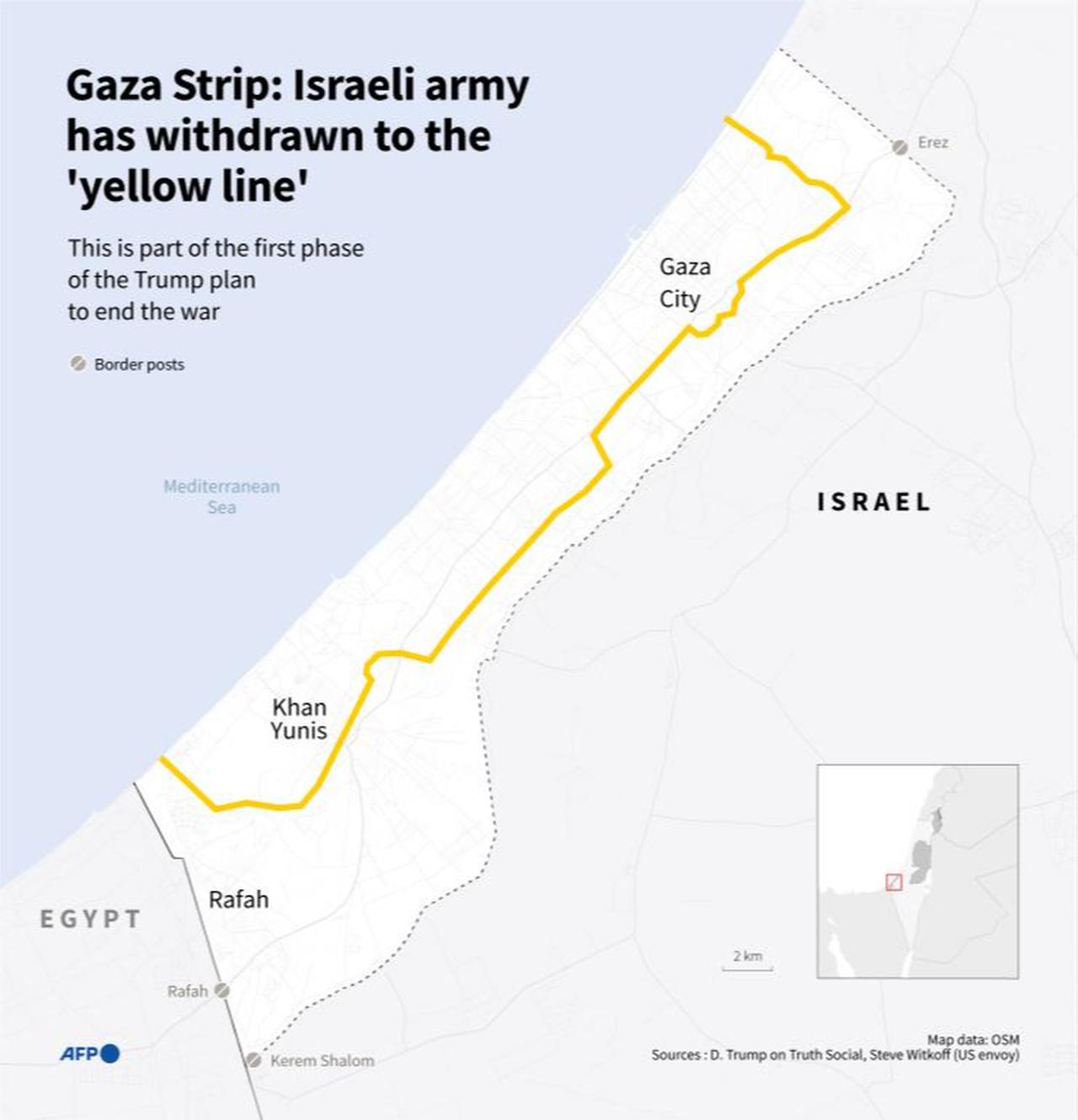
A Hamas source close to the group’s negotiating committee told Agence France-Presse (AFP) on Sunday that the group will not participate in governing Gaza after the war, as world leaders prepare to convene in Egypt for a major Gaza peace summit.
The comments came days after a ceasefire between Israel and Hamas came into effect and as both sides work to implement U.S. President Donald Trump’s 20-point peace plan, which calls for Hamas’ disarmament and its exclusion from post-war governance in the enclave.
“For Hamas, the governance of the Gaza Strip is a closed issue,” the source said, speaking on condition of anonymity due to the sensitivity of the discussions.
“Hamas will not participate at all in the transitional phase, which means it has relinquished control of the Strip, but it remains a fundamental part of the Palestinian fabric.”

While internal divisions have previously emerged within Hamas over major decisions, the group’s senior leadership appears united in rejecting disarmament—a condition central to Trump’s plan.
“Hamas agrees to a long-term truce, and for its weapons not to be used at all during this period, except in the event of an Israeli attack on Gaza,” the source said.
A separate Hamas official, also speaking anonymously, told AFP earlier that “disarmament is out of the question.”
The first clause of Trump’s 20-point peace plan calls for Gaza to become a “deradicalized, terror-free zone that does not pose a threat to its neighbors.”
The plan also stipulates that Hamas “will not have a role in future governance of the Strip” and that its military infrastructure and weapons be destroyed and not rebuilt.

Under the proposal, a temporary technocratic and apolitical Palestinian committee would manage Gaza’s day-to-day public services during the transitional period.
The source said Hamas and other Palestinian factions have submitted 40 names for the committee and asked mediator Egypt to host a meeting before the end of next week to finalize its composition.
“There is absolutely no veto over them, and none of them belong to Hamas,” the source said.
The first phase of the ceasefire took effect Friday at noon (0900 GMT), with Israeli forces completing a gradual withdrawal to the “yellow line” that afternoon, triggering a 72-hour window for the hostage-prisoner exchange process.
Tel Aviv estimates that 48 Israelis remain held in Gaza, including 20 believed to be alive, while over 11,100 Palestinians are imprisoned in Israel. Many detainees face torture, starvation, and medical neglect, according to Palestinian and Israeli human rights reports.
A second phase of the plan envisions creating a new governing mechanism in Gaza without Hamas, forming a joint Palestinian-Arab security force, and disarming Hamas.
Since October 2023, Israeli attacks have killed over 67,600 Palestinians, most of them women and children, leaving the enclave uninhabitable and deepening humanitarian collapse.